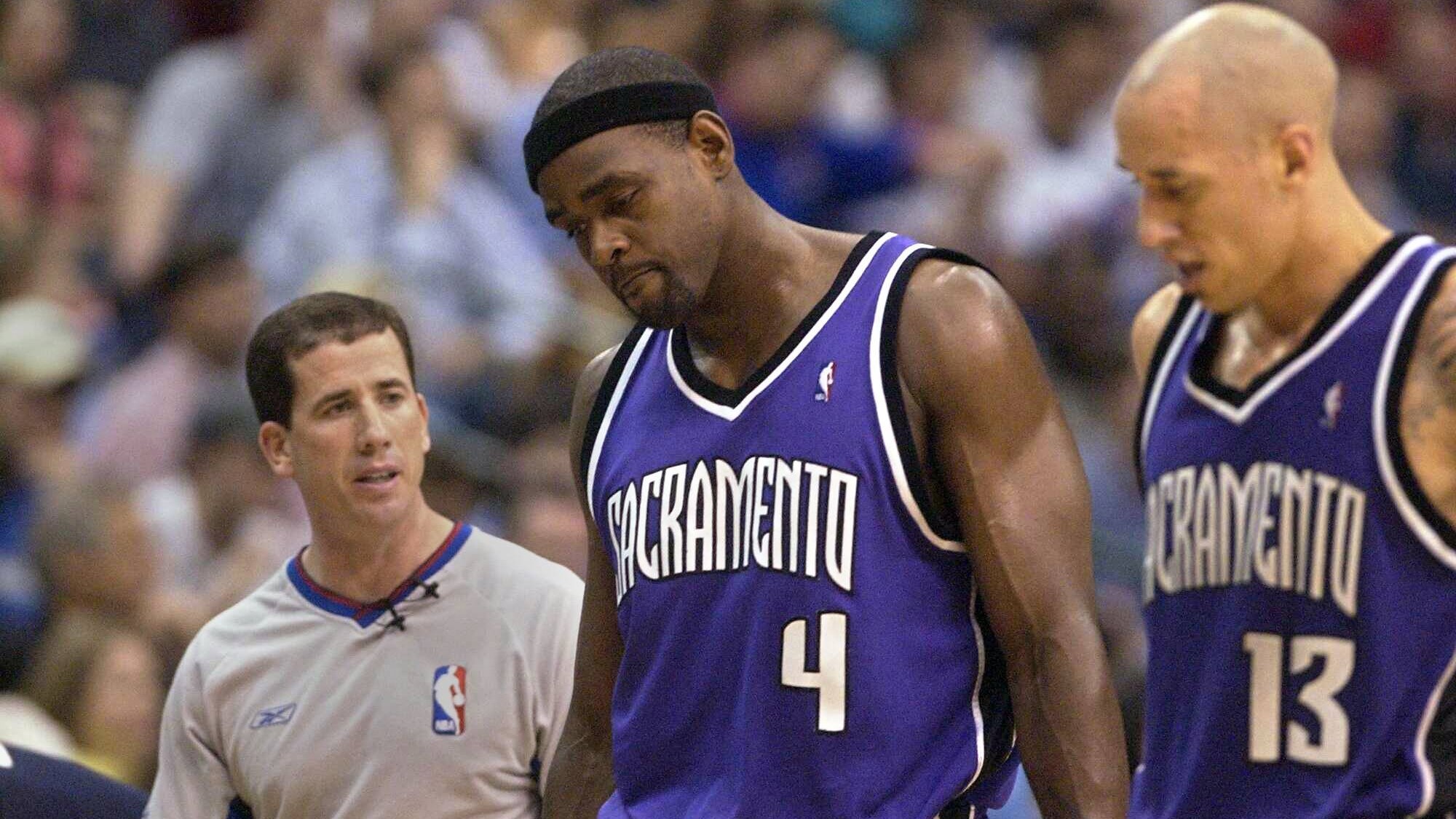Legalized sports betting is still in its infancy in the United States, but it’s quickly becoming an ever-increasing part of the landscape.
A casual fan these days has a much better idea of spreads, parlays and moneylines than a half-decade ago, and the sportsbooks are hoping it results in a high volume of wagering action for years to come.
Under the current laws, Frank Frigo understands why sportsbooks are targeting casual bettors with their marketing schemes. But the Chief Innovation Officer for Champion Gaming also believes the legal U.S. market needs the heavy hitters in order to truly maximize its business potential.
“Right now, where we’re at with sports betting in the U.S., it’s really aimed at more of the casual bettor and the fan,” Frigo said. “There is still a lot of wagering that goes on offshore or peer-to-peer, because for really serious value-based bettors, it’s very difficult for them to do what they’re trying to do at a bricks-and-mortar sportsbook at retail pricing, juice. They have to be able to execute much better than that.
“But I think the interesting evolution of it will be how it matures. If we’re ever going to get a several-hundred-billion to trillion-dollar handle in U.S. legal, it’s going to have to cater to the whales a lot better than it does now.”
Latest New York online sports betting weekly handle – revenue:
FanDuel: $131.8m – $22m
DraftKings: $72.1m – $5.8m
Caesars: $49.9m – $3.4m
BetMGM: $31m – $1.1m
PointsBet: $17.8m – $364,000
BetRivers: $7.5m – $237,000
WynnBet: $2m – $93,000
Resorts World Bet: $1m – $161,000— Ryan Butler (@ButlerBets) April 22, 2022
The sports betting industry has major potential because of the United States’ high population and an increased willingness by states to legalize gambling.
The prevalence of mobile betting will also make it easier than ever to place a wager.
“You’re going to have kiosks at all the stadiums,” Frigo said. “People are going to be mobile betting in their seats. If I’m watching the game at the Circa Pool (in Las Vegas), why should I even have to get off my chair to place a wager? That’s got to be where it goes. No question about it. And I’m sure even with your accounts on your Sunday Ticket, just watching on your television at home, I’d imagine that is all going to get interwoven at some point. You’re watching the game on TV and you’ve got your account set up on your television to do all kinds of prop betting.”
DC’s brick and mortar sports betting operators continue to beat out the city’s only mobile app. Insane.
In the rest of the U.S. 85% of money bet comes from mobile. https://t.co/C7Jertp5Vc
— Sam McQuillan (@sam_mcquill) April 21, 2022
Even so, Frigo believes it’s too early to definitively say the U.S. market will match the robust setup in Europe.
“When people are talking about how big the market can be in the U.S., they’re basically extrapolating off populations of more mature markets in Europe,” Frigo said. “Here is what the market is in the U.K. with X population. Here is what their handle is. That’s what’s driving the projections and calculations in the U.S., but that’s a much more mature market with a different model. A lot of it is exchange-based in addition to sportsbooks.”
A betting exchange places one bettor on a certain side of a wager, and another on the opposing side, while the site earns a commission from both ends. The prices are better than sportsbooks, which is why the whales prefer that route.
Europe has well-known exchanges like BetFair and MatchBook that the U.S. could emulate.
“It’s going to be very interesting to see how it evolves,” Frigo said. “It really is. It’s such a hot-button. Everyone just assumes it’s going to be this huge industry, but if you look at all the publicly-traded companies in the space and you took all of their market caps and backed into the revenue numbers, it’s really hard to square that. These companies can’t all be worth that much in that current model.”
Sports betting exchange @sporttrade_app announces plans to enter Indiana and Louisiana markets via partnerships with Caesars and Penn National respectively.
Sporttrade is planning to launch in New Jersey by mid-2022 and in Colorado soon after.
— David Payne Purdum (@DavidPurdum) February 23, 2022
Frigo was recently on a panel at the MIT Sloan Sports Analytics Conference alongside Jeff Ma, a member of the MIT blackjack team in the mid-1990s who was the main character in the book ‘Bringing Down the House’ and the film ‘21’.
While they see a path to a monster industry, the U.S. sportsbooks must find their way to that destination.
“He was talking about, ‘How big can this handle get in the U.S.?’” Frigo said. “His point was, it’s not going to be that interesting of an industry if the handle is only $100 billion. Because at $100 billion, what are you going to have, $5 billion in revenue divided up between all of these different companies? They’re all paying through the nose to get market share and acquire customers.
“It’s only going to get really interesting if it starts approaching a trillion-dollar handle, which is probably feasible, but it’s really going to have to be re-thought. There is too much of it going offshore and peer-to-peer still, which is where the real money is being driven.”







